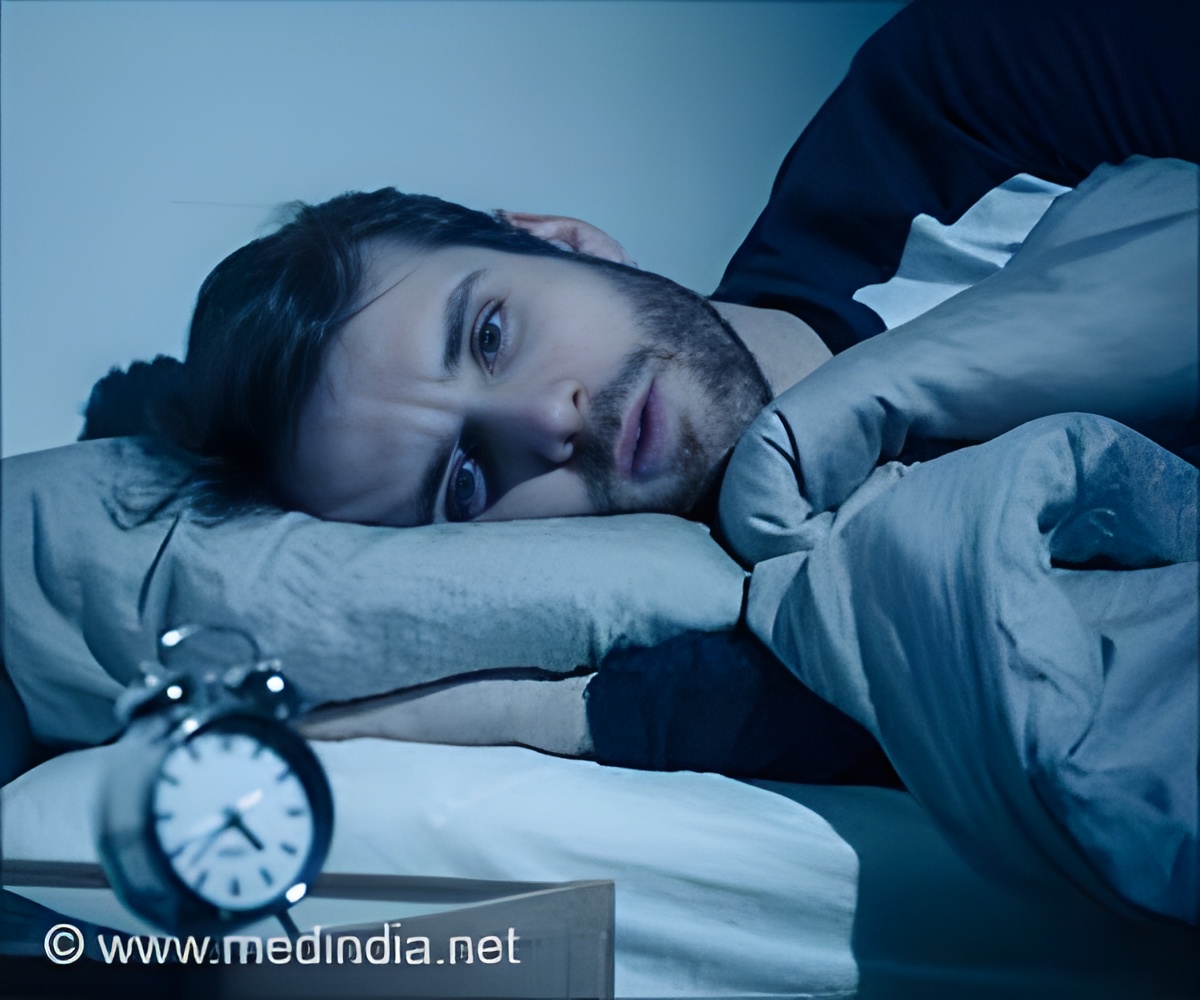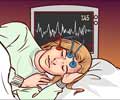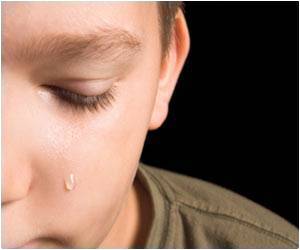Bidirectional links between sleep deprivation and anxiety have been encoded finally by a new study.

According to recent studies, about 41-56% of people experienced sleep disturbances during the COVID-19 pandemic, up from pre-pandemic rates of around 14-25%. Insufficient sleep is known to have numerous negative implications for health, including increasing the likelihood of mental distress.
However, the specific circuits and cells involved in mediating stress, anxiety, and sleep are just beginning to be elucidated.
‘Brain and body cells that help regulate sleep and stress responses have been identified by a recent study.’





Advertisement
The Novel Neural Circuitry
Today’s new findings show that:- A brain circuit in the ventral medial midbrain/pons is associated with mania behaviors, including reduced need for sleep. (Takato Honda, Massachusetts Institute of Technology)
- The gut microbiota’s regulation of the stress response is time-of-day dependent. (Gabriel S. S. Tofani, University College Cork)
- Microglia may regulate sleep/wake behavior and play a protective role against sleep disturbance related to mental stress. (Kazuya Miyanishi, University of Tsukuba)
- A population of neurons in the paraventricular thalamus may be critical to the development of acute stress disorder. (Laszlo Acsady, Institute of Experimental Medicine)
This research was supported by national funding agencies including the National Institutes of Health and private funding organizations. Find out more about social behavior and the brain on BrainFacts.org.
Advertisement
Press Conference Summary
- Sleep and anxiety are closely connected. Inadequate sleep can cause irritability and stress, while anxiety itself may lead to poor sleep.
- Diverse neuronal and non-neuronal mechanisms may underlie the associations between sleep and anxiety.
GABAergic Neurons in Ventral Midbrain/pons are Involved in Mania-Like Behaviors With Altered Sleep Homeostasis and Sleep Architecture
Takato Honda, takatoh@mit.edu, abstract 395.12- People with bipolar disorder experience periods of depression and mania, the latter of which is characterized by hyperactivity, elevated mood, and decreased need for sleep.
- The loss of GABAergic neurons in the ventral medial midbrain/pons induced mania-like behaviors in mice, including hyperactivity, anti-depressive behaviors, reduced anxiety, increased risk-taking, and extremely shortened sleep time. These mice also showed no rebound sleep after sleep deprivation.
- Mice that were genetically engineered to lack the dopamine D2 receptor did not show this sleep reduction but still exhibited hyperactivity and anti-depressive behaviors.
- The findings provide insights into the neurobiology of mania and how the brain regulates arousal in the context of anxiety.
Gut Microbiota Regulates Rhythmic HPA-Axis Function and Induces Circadian Effects on the Stress Response
Gabriel S. S. Tofani, gabriel.tofani@ucc.ie, abstract 479.15- Gut microbiota affect the secretion of stress hormones differently depending on the time of day.
- Microbially-depleted mice had an impaired stress response in a time-of-day dependent manner.
- The results may have implications for the treatment of anxiety- and stress-related disorders, which are associated with dysregulated stress hormones and circadian rhythm.
Involvement of Microglia in Sleep/Wake Regulation in Baseline Conditions and Under Acute Social Defeat Stress in Mice
Kazuya Miyanishi, miyanishi.kazuya.xp@alumni.tsukuba.ac.jp, abstract 554.15- Findings indicate microglia (immune cells in the brain) may regulate sleep/wake behavior and sleep disturbances associated with mental stress.
- Researchers generated microglia-deficient mice and conducted sleep recordings after the mice were exposed to the stress of social defeat.
- Selective removal of microglia increased sleep amounts under baseline conditions and enhanced stress-induced sleep rebound under mental stress conditions (a.k.a., the mice caught up on sleep).
The Activity of the Paraventricular Thalamic Nucleus’ Calretinin Expressing Neurons After Acute Stress Underlies Long-Term Behavioral Changes
Laszlo Acsady, acsady@koki.hu, abstract 062.30- Stress activates calretinin neurons in the paraventricular thalamus, promoting arousal and disturbing sleep potentially for days.
- Researchers used optogenetic methods to measure and modify the activity of identified nerve cells in mice before and after exposure to a stressor.
- In mice, exposure to a single stress event can perturb neuronal activity for days and lead to behavior similar to acute stress disorder. Conversely, reducing the activity of paraventricular thalamic nucleus neurons for only one hour after the stress event prevents the development of acute stress disorder-like behaviors and normalizes brain activity.
- Results point to the involvement of calretinin neurons in the paraventricular thalamus in the development of acute stress disorder in humans.
Source-Eurekalert















